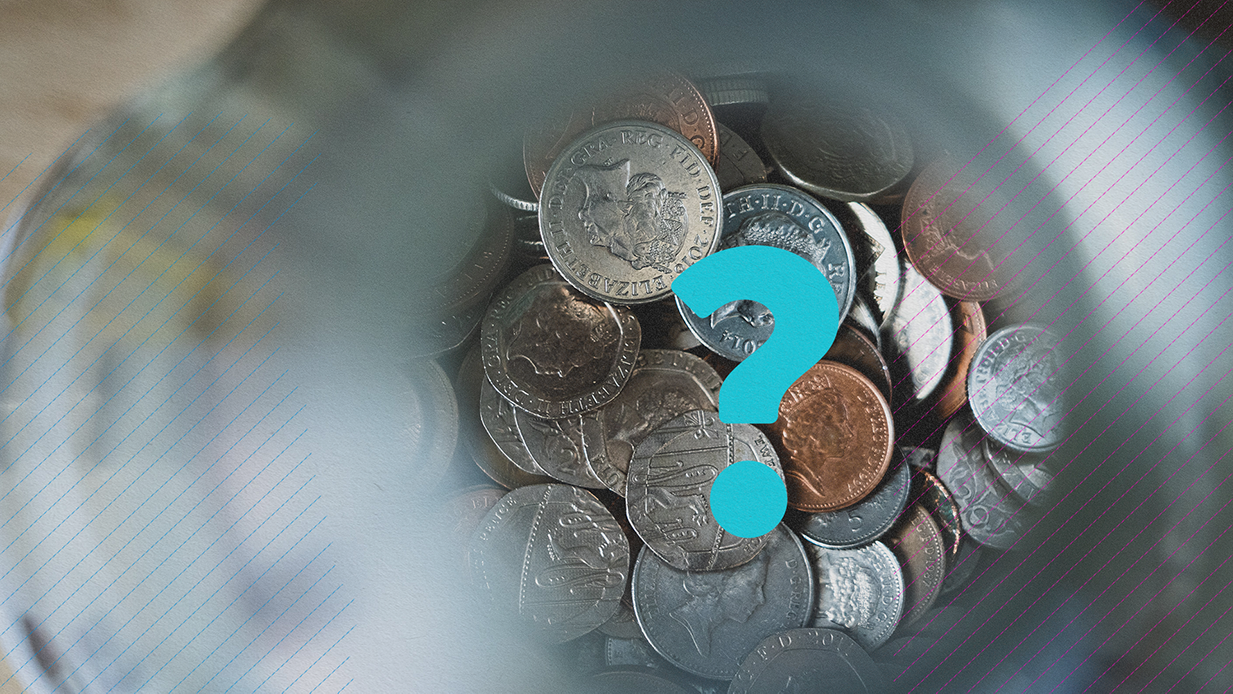How much should I aim to have in savings?
A 5 minute read

Aside from saving for retirement, we all know that everyone should prepare for sudden expenses by regularly putting money aside for things like a new boiler or car repairs.
You can guarantee there’s always something that comes out of the blue - but just how do you get into the savings habit and how much should you be putting aside?
It’s never too early to start saving and it’s okay to start small. All it takes is a little dedication and discipline.
Saving smaller amounts often, is more effective than saving larger amounts now.
And once you get into making regular savings, it quickly becomes a habit.
Get into the habit
A really useful tip is to ‘pay yourself first’. Set aside the amount you want to save and move this money into a savings account or a separate account BEFORE you pay any of your bills.
Make savings the most important ‘bill’ that you pay, and any money you have left over after you’ve paid yourself and paid your essential expenses, is yours to enjoy.
It's all about psychology
If you approach saving the same way that you would treat your phone bill or your electric bill, then you’re more likely to force yourself to do it. But if you pay everything else first, and THEN save, you’ll often find that you’ll say to yourself you can’t afford to. As you see your savings grow and grow, this becomes a powerful motivator.
When you prioritise savings, you're telling yourself that you and your family are the most important thing, and while money may not buy happiness, it can provide peace of mind.
What are you saving for?
When it comes to emergency savings or short-term savings, how much you’ll need to survive an adverse life event comes down to you and your family’s financial situation, but a good rule of thumb is to have three months of essential expenses available in an instant access savings account.
This means that if the unexpected does happen, you’ll have an emergency buffer to tide you over.
Broadly speaking, there are 5 key costs to think about: housing, transportation, food, utilities and debt. So, if you’re spending £1,000 a month on essential living expenses - you should be aiming to have at least £3,000 saved in an emergency fund.
Life events
Of course, there is more to life than simply saving up for emergencies or squirreling away every spare penny for the future.
Important as this is, life is about balance and you’ll also want to save for those big life events, such as a deposit for a house, your first baby, a wedding, or that dream holiday – we call these medium-term savings.
Whatever life throws your way, have a separate savings pot for these things to your emergency savings, and know what it is your saving towards.
According to research, giving your account a name that inspires you to save – like ‘USA road trip,’ or ‘Our first home’ shows that you’ll reach your savings goal quicker!
So, where do I start?
Sometimes the hardest thing about saving money is just getting started. Here’s some helpful tips on how to build up your savings:
Record your expenses
The first step is to find out how much you spend. Use the helpful budget planner under the ‘useful stuff’ section and keep track of all your outgoings. Once you have this information, work out if you can make any savings.
Quite often, people have direct debits going out of their accounts for things they don’t even use, such as gym memberships or ongoing subscriptions.
If you’ve identified any non-essentials items, such as takeaway snacks or eating out, see if you can cut-back on these.
Writing it all down is a good opportunity to think about where your money goes.
Pay off any debts first
It's a good idea to try and get any debt under control first —or to even pay it off completely, before you commit to your savings every month.
Most debt has high interest rates and usually cost more than savings, and you don't want your debt to eat up more money than you'll save.
If you are struggling with debt, there’s lots of free advice services available across the UK that can help, please visit the link below: https://www.moneyhelper.org.uk...
If money’s short, start small
Saving just £3 a day adds up to £1,095 over a year (That could be your daily takeaway coffee!). Once you develop a routine for saving, you're more likely to continue and you’ll soon see small sums quickly add up.
Make saving automatic
Almost all banks offer automated transfers between your current and savings accounts. You can choose when, how much and where to transfer money, so a portion of your wages goes directly into your savings account.
DO NOT EDIT THIS BOX UNLESS YOU'RE NOEL

-svg.png?width=200&height=73&ext=.png)